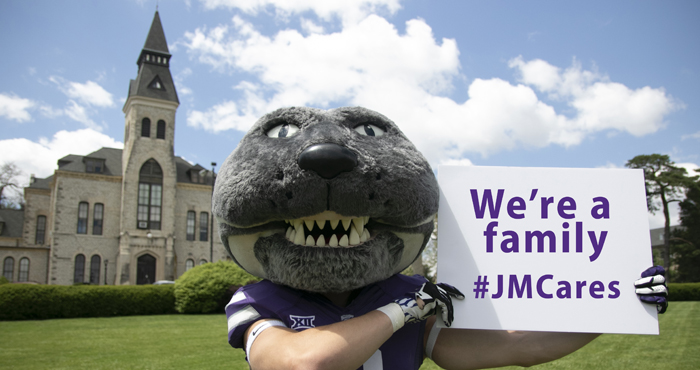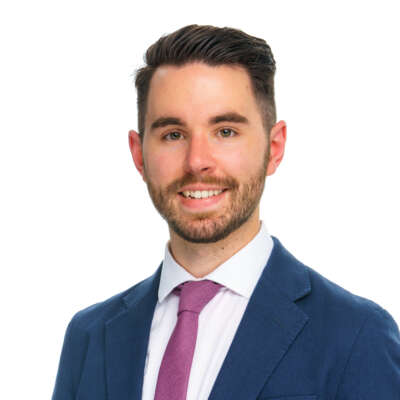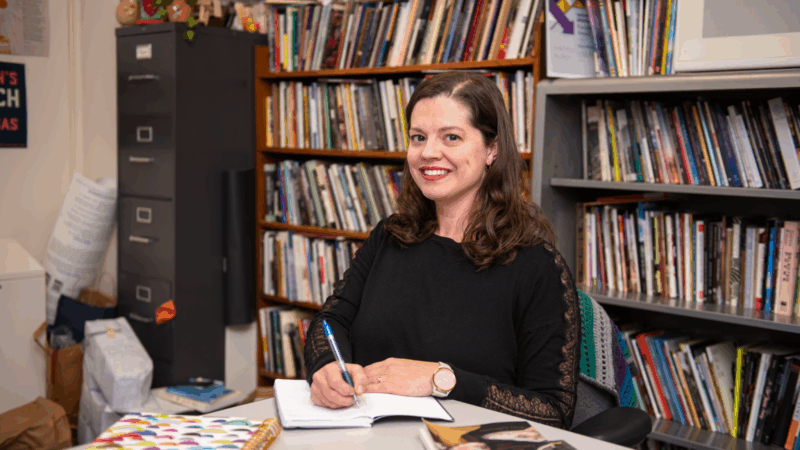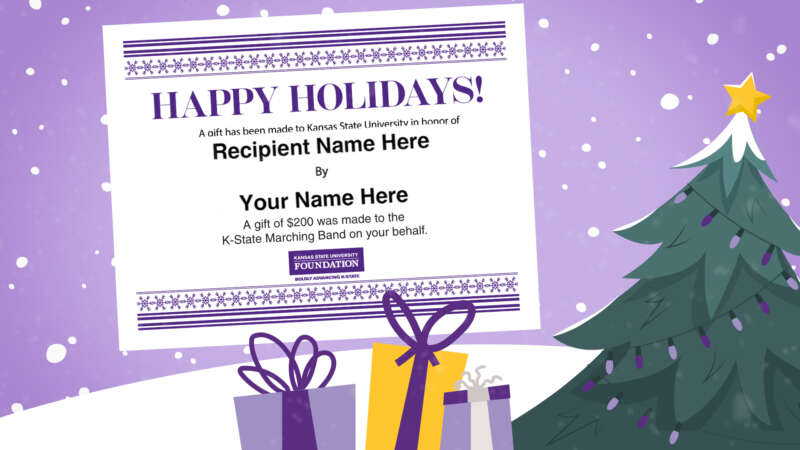JMCares supports students in economic challenges brought by COVID-19
Facing lost internships, rent, bills, online fees and a multitude of other things, Kansas State University students did not escape the financial challenges brought by COVID-19. To help students get back on their feet, the A.Q. Miller School of Journalism and Mass Communications (JMC) quickly organized the JMCares campaign, which raised nearly $30,000 in a matter of weeks to help students continue to excel.
At the forefront of JMCares is Susan Edgerley, JMC’s professional in residence. Knowing she needed to act fast, Susan spearheaded the JMCares campaign to gather financial assistance for students.
“You thought you had it figured out, but your summer job fell apart because of the virus. The idea was to find a way to give one-time grants to students who could not otherwise return to school,” said Susan. “We saw a special need because of the crisis, and we found a way to rise up and address it.”
In order to further the success of JMCares, Susan asked Andrew Smith, professor of practice and news director, to chair the campaign. As the first COVID-19 case in Riley County, Andrew had seen the direct effects of the pandemic. Other than having COVID-19 himself, he also recognized its financial impact. With such a big undertaking, Andrew asked Ian Punnett, professor of practice, to co-chair JMCares.
Andrew knew students had been stripped of their summer jobs, internships and other opportunities. In addition to these losses, they had to cope with changes in classes and added online fees. He saw that students were struggling to pay bills, tuition and some were even on the verge of dropping out of school because of the financial detriment of COVID-19. This motivated him to help get funds to these students quickly.
“(JMCares) started out of compassion for the students. The students are suffering just as much as anyone else. At this time of life, it is a lot harder to keep steady ground,” said Andrew. “Now, we have seen students who can stay in school and continue their education and don’t have to choose between paying rent and eating healthy. These are powerful things that a lot of people deal with in society, choosing between two good things because they can’t do both.”
JMCares was made possible through a $10,000 initial gift from the Lashbrook Educational Fund, a special account given in the name of Ralph Lashbrook, who served as school director from 1941-1967. The money was given by the family of the late Howard Kessinger of Marysville. Kessinger was publisher of the Marysville Advocate and had a long association with Lashbrook. The JMCares donation was enthusiastically endorsed by Howard’s wife, Sharon, and their daughter, Sarah, who is the current publisher of the newspaper.
Beginning in early summer, an appeal was issued to A.Q. Miller School alumni. Outside of the gift from the Lashbrook Educational Fund, alumni made individual donations amounting to $19,800, which continues to climb. With the generous commitment to philanthropy and the advancement of K-State from alumni, JMCares became a success in mere weeks.
“The generosity and love for K-State of the alumni is great and that is where people decided they wanted to put their money. Those who were not as affected said, ‘let me help someone who is’,” said Andrew.
JMCares is a campaign unique to JMC and is unlike other scholarships as it provides funds with a unique element of timeliness. JMCares helped students to be in a position where they could help themselves again, rather than worrying about economic challenges.
“In the time of crisis, there are students with financial situations that are so precarious that if someone did not help them buy their books or a new laptop because theirs died, they are not going to have one,” said Susan. “It is hard to imagine being a successful student if you cannot buy your books or you do not have a laptop.”
All journalism and mass communications students received notification of the assistance available from JMCares. Courtney Carlton, academic advisor to JMC, helped further spread the word and assessed which students could benefit from the assistance. For students to receive assistance, they had to fill out a short application form. Then, students entered an interview process and further defined their financial struggles. Along with the interview, students had to produce documentation of their lease agreements, rent or other costs in which they were seeking assistance. From that point, the committee decided where funds were most needed and could make the most difference.
More than 20 students have been awarded funds. However, JMCares will continue to support students by accepting donations.
“Kansas State alumni have such a passionate attitude toward their alma mater. It’s all about community and that’s how we build community, by helping each other,” said Andrew. “That’s one of the strongest parts about Kansas State University; the community it has built.”
To donate to the JMCares campaign, contact Heather Strafuss at heathers@ksufoundation.org or 785-775-2146.
Written by: Ariana Brancato






